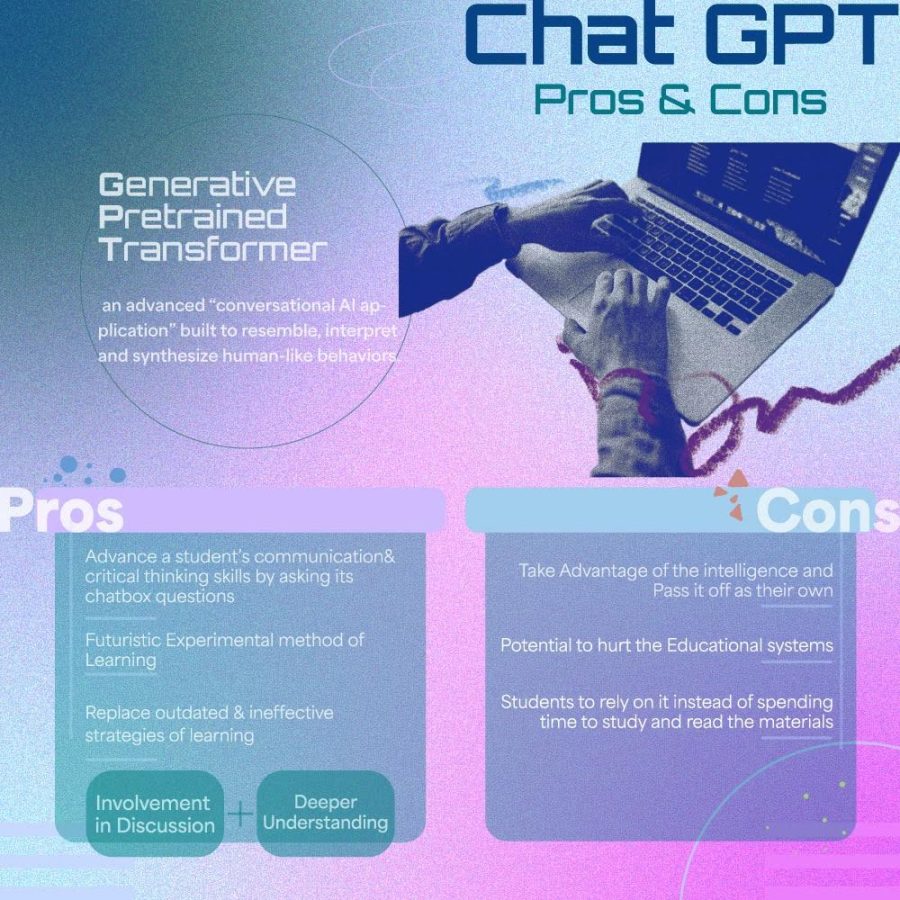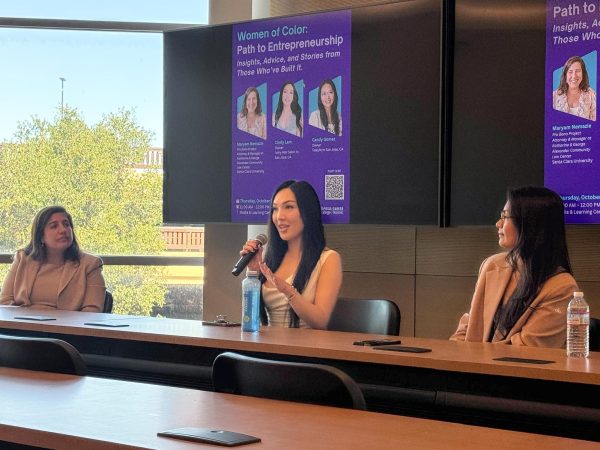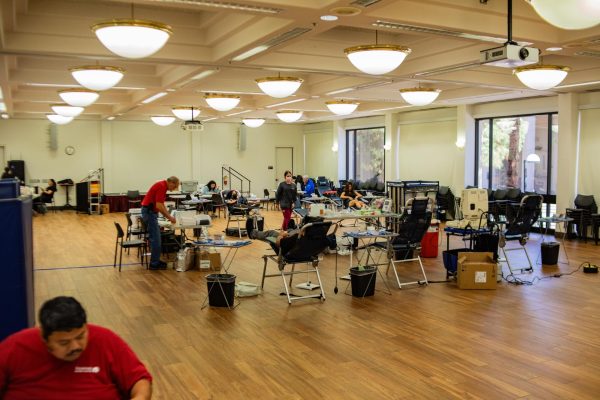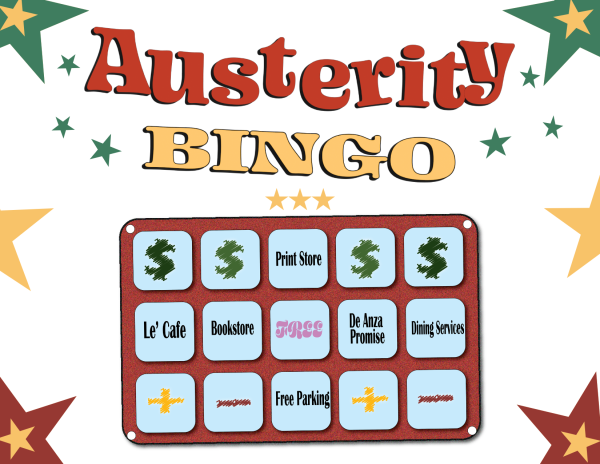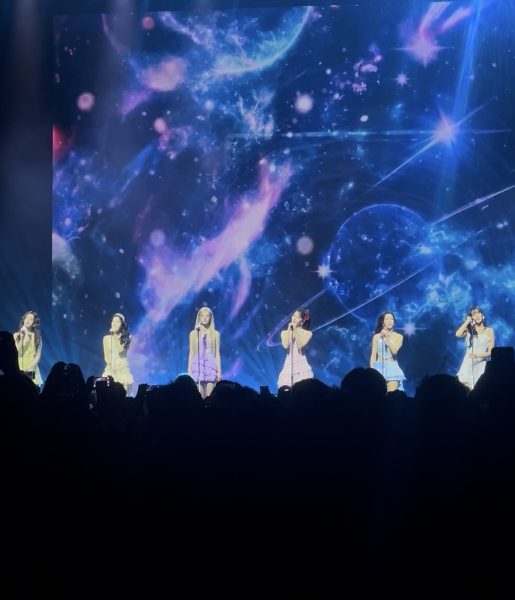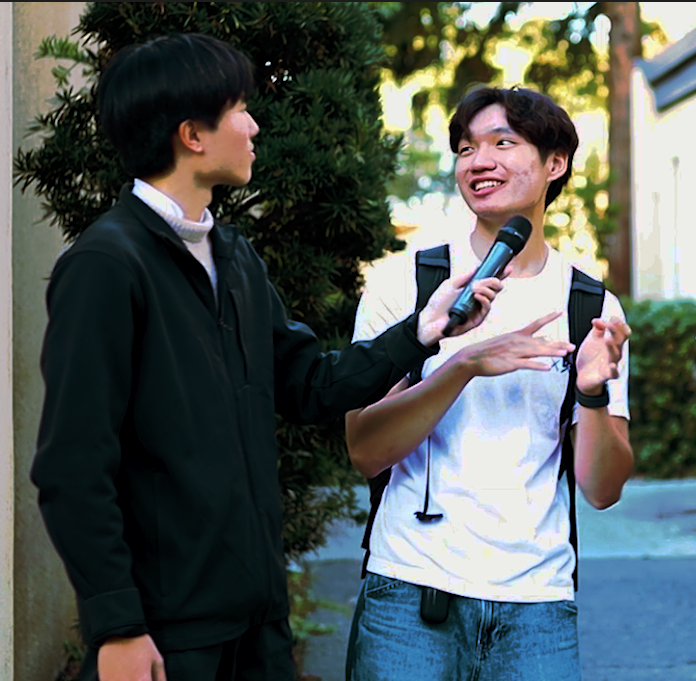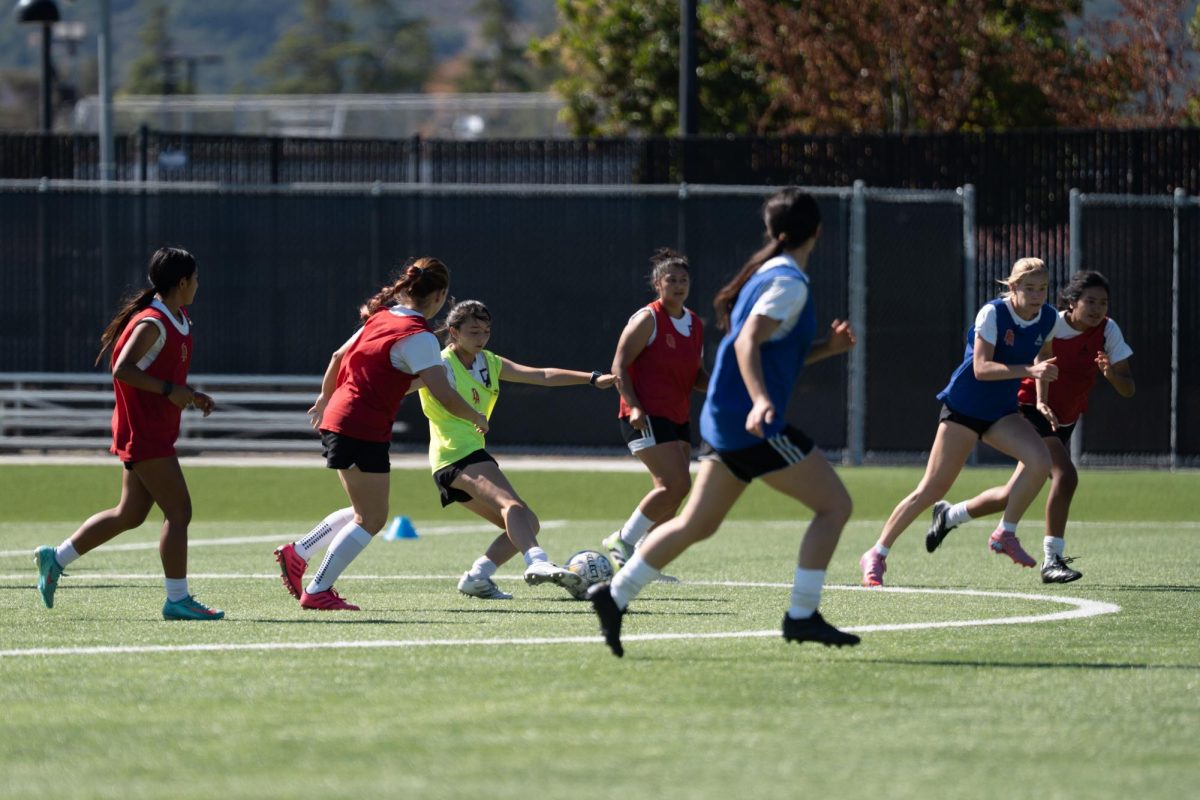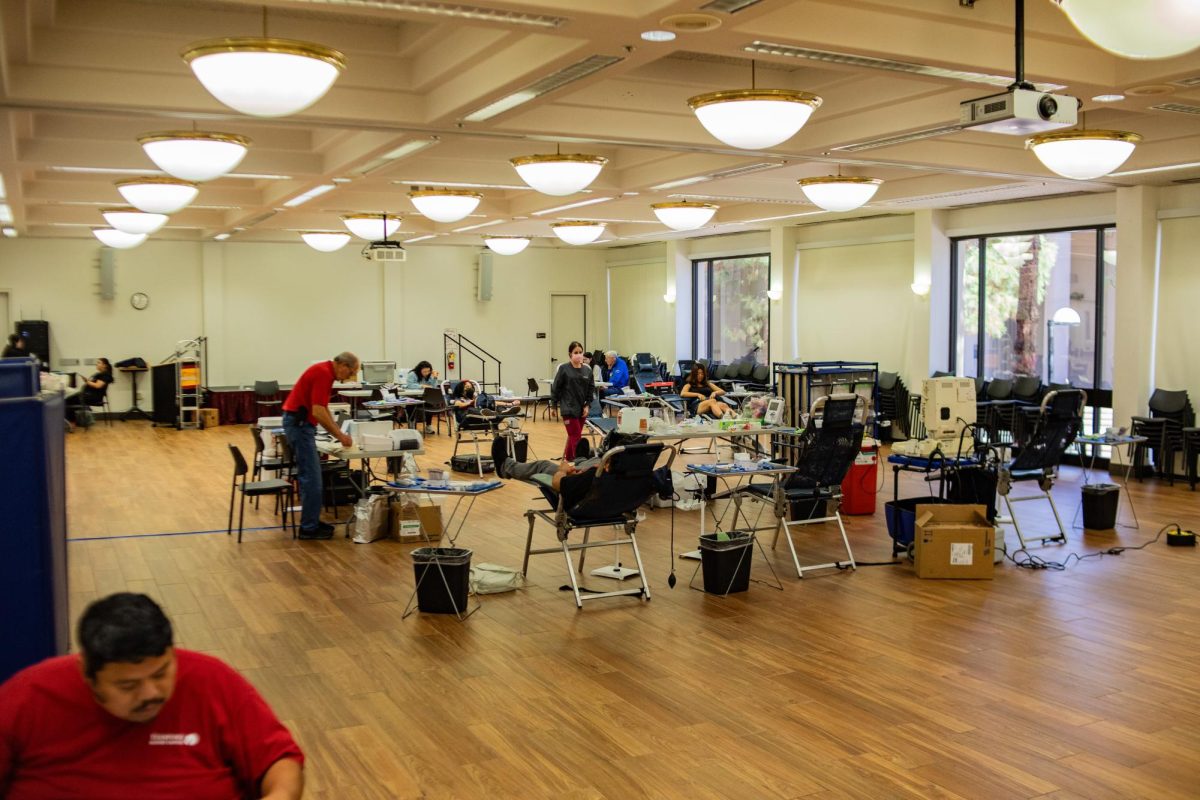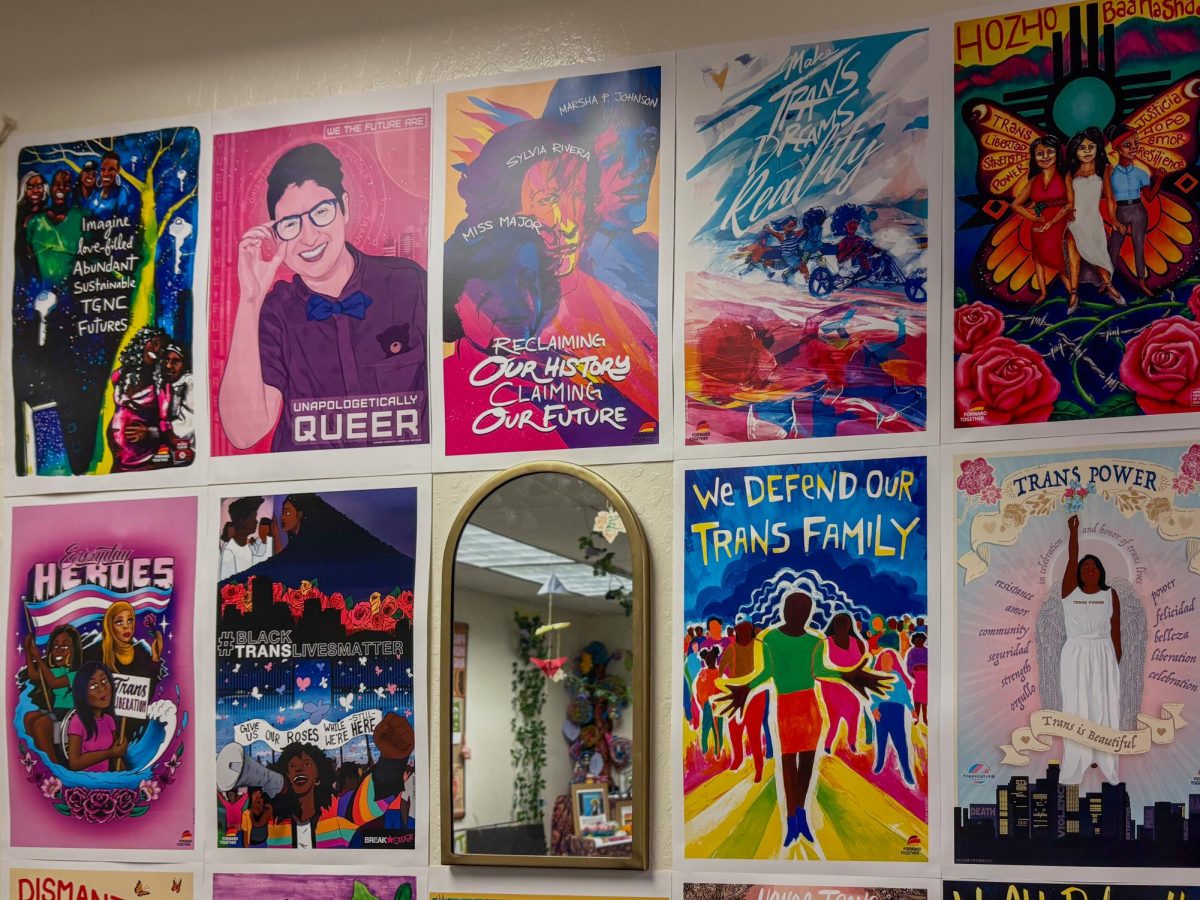ChatGPT: Pros and Cons
February 21, 2023
The controversial artificial intelligence program, ChatGPT, is changing the world.
When put to the test, ChatGPT can create, answer and solve just about anything. Simply type a few words in its question box and a spit-fire, dead-on response is provided.
According to weetechsolution.com, ChatGPT – GPT meaning Generative Pre-trained Transformer – is an advanced “conversational AI application” built to resemble, interpret and synthesize human-like behaviors.
ChatGPT’s capabilities are anything but limited as the program can produce written stories, engage in social media posts, respond to emails and even solve your math homework. However, this too-good-to-be-true program is not without fault.
One of the greatest issues evolving from this program is how students will use it to their advantage. It can become a helpful homework tool as easily as a method for leaving their thinking to machines.
The lingering question floating in cyberspace is whether ChatGPT will become every student’s dream or every teacher’s nightmare.
Pros
When used for the right purposes, ChatGPT can become an advocate for education.
Admittedly, the program’s advanced abilities are reason to question if it should be permissible in classrooms. Students can easily plagiarize mediocre AI-generated work and finish assignments without actively learning.
However, some educators believe in ChatGPT’s power to positively change the operations of classroom learning.
Supporting educators like John Bruer believe the educational system’s prioritization of learning random facts over recalling information will hinder students’ ability to intuitively think.
Because no two individuals learn the same way, these generalizations lack proper resources for individual academic and intellectual growth.
Students can improve their communication and critical thinking skills by asking questions to ChatGPT’s chatbox and tweaking as needed to produce the desired response.
Involvement in discussions and a deeper understanding of the course content can be developed when the program answers specific prompts.
Rather than shut down the human brain for good, applying an AI application to education builds upon ideas and fortifies previous knowledge.
“[This will] generalize the learning to new situations and to creatively develop a new way of thinking about an issue,” said Bruer.
ChatGPT benefits students as a tool for growing knowledge. This futuristic and experimental method of learning has the potential to replace outdated and ineffective strategies for possibilities to aid the education’s future.
Cons
The program doesn’t come without its negatives, as many teachers are deeply concerned about its use in school.
Students will certainly take advantage of ChatGPT’s intelligence and pass it off as their own. Misusing the program downplays learning and makes it difficult to recognize what assignments students are using it for.
In a recent situation at Furman University in South Carolina, Professor Darren Hick caught a student cheating.
“Academia did not see this coming,” Hick said. “So we’re sort of blindsided by it.”(NyPost 3).
The release of the program in November was unexpected by both Hick and other professors who are concerned by its impact on the education system.
“I feel abject terror [toward] what this is going to mean for my day-to-day job,” Hick said. “But it’s also fascinating, it’s endlessly fascinating.”
Artificial intelligence has the potential to hurt our educational systems and result in students relying on it instead of spending the time to study and read the material.
Conclusion
ChatGPT, like many search engines and AI programs, is up for debate as a valid device for practical use or an ethical drawback in terms of education..
The program may just be the key to unlocking effective learning strategies. Together, students and AI can actively use their learned knowledge for greater achievements.
However, the program can be taken advantage of, making true learning and knowledge obsolete. Many students and teachers will need to define the fine line between cheating and resourcefulness.
Ensuring that ChatGPT is only a tool and not a complete dependency for educational purposes is vital to the introduction of artificial intelligence into our lives.



